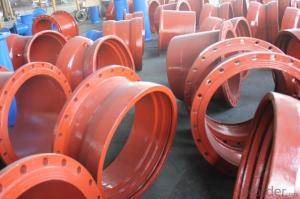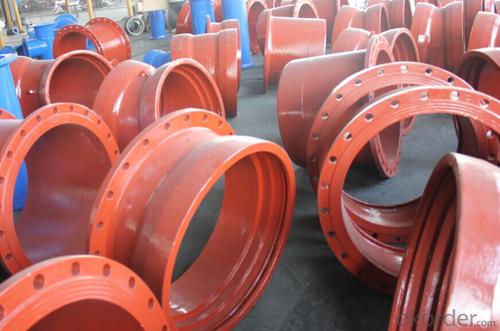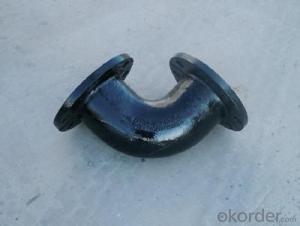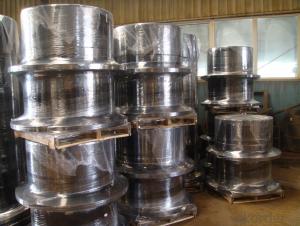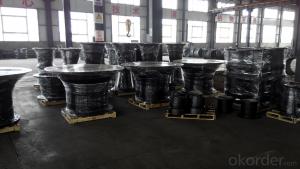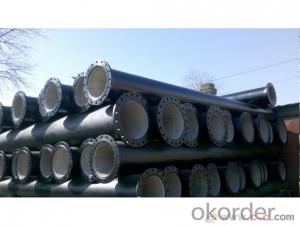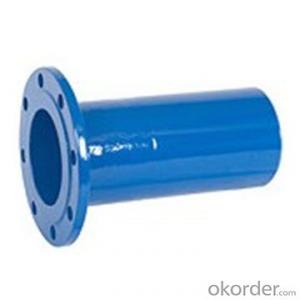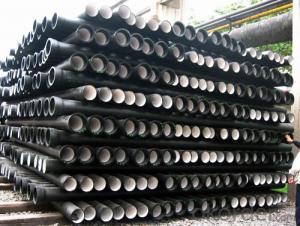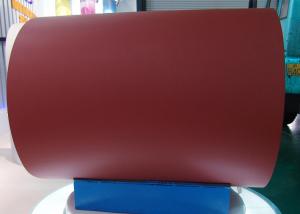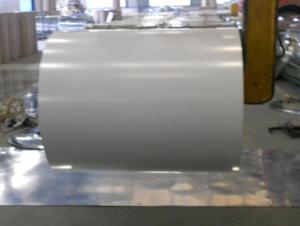ISO2531 DI flanged pipe fitting with high quality
- Loading Port:
- Tianjin
- Payment Terms:
- TT OR LC
- Min Order Qty:
- 100 kg
- Supply Capability:
- 10000 kg/month
OKorder Service Pledge
OKorder Financial Service
You Might Also Like
Packaging & Delivery
| Packaging Detail: | plywood case or pallet,or according to customers' requirements. |
| Delivery Detail: | According to quantity |
Specifications
all kinds of pipes and fittings
1.OD:1/2"-48"
2.WT:SCH40-SCH160
3.Standard:ANSI B16.9, DIN 2605,DIN, JIS ETC
4.MOQ:50pcs
all kinds of pipes and fittings
Product items | All Kinds Of Pipes And Fittings |
Material | A234 WP5, WP9, WP11, WP12, WP22, WP91,WP92,A234 WPB, A420 WPL6,ect |
Specification | ANSI B16.9, DIN 2605, GB, DIN, JIS ETC |
Screw thread | BSPT, NPT, DIN |
Edge | Banded, Beaded, Plain |
Surface | hot dip galvanizing, electrical galvanized, Black |
Mechanical Properties | Tensile Strength: ≥330Mpa |
Working Pressure | 1.6MPa for water,0.5MPa for gas |
Packing | plywood case or pallet |
Usage | Petroleum, Chemical, Power, Gas, Metallurgy, Shipbuilding, etc |
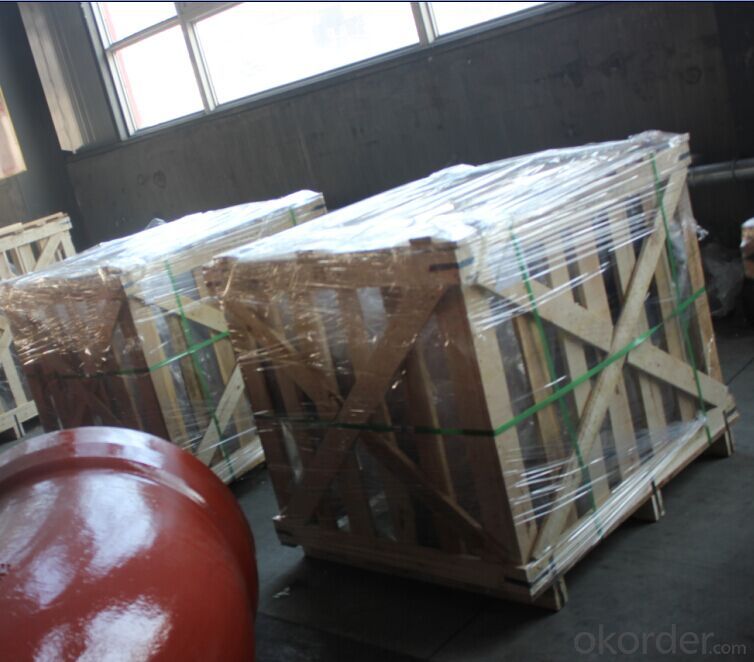
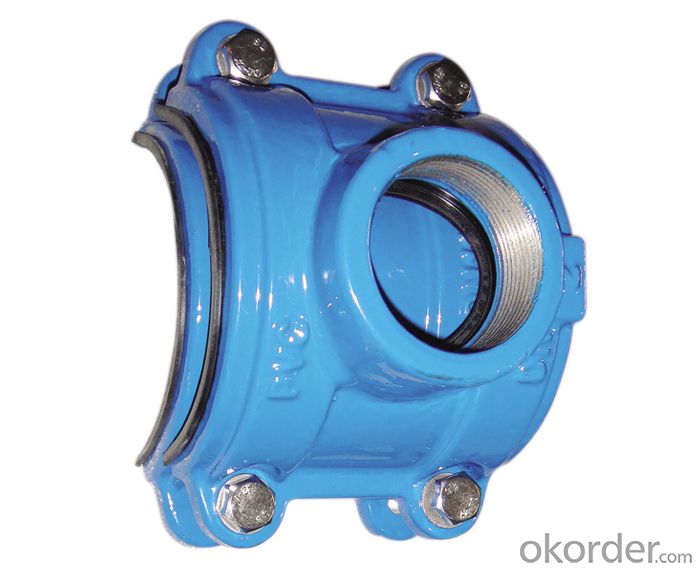
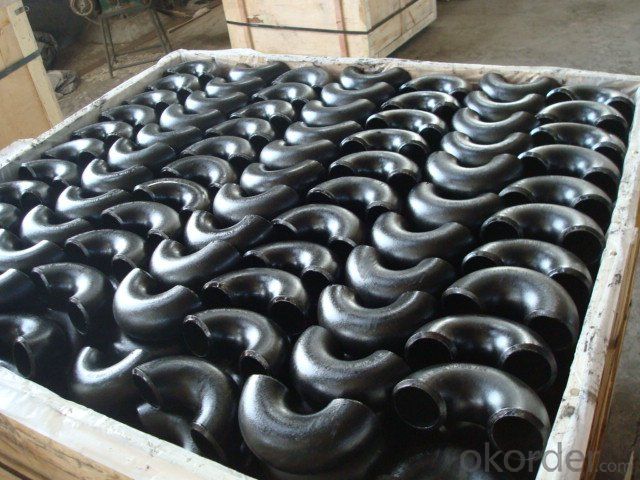
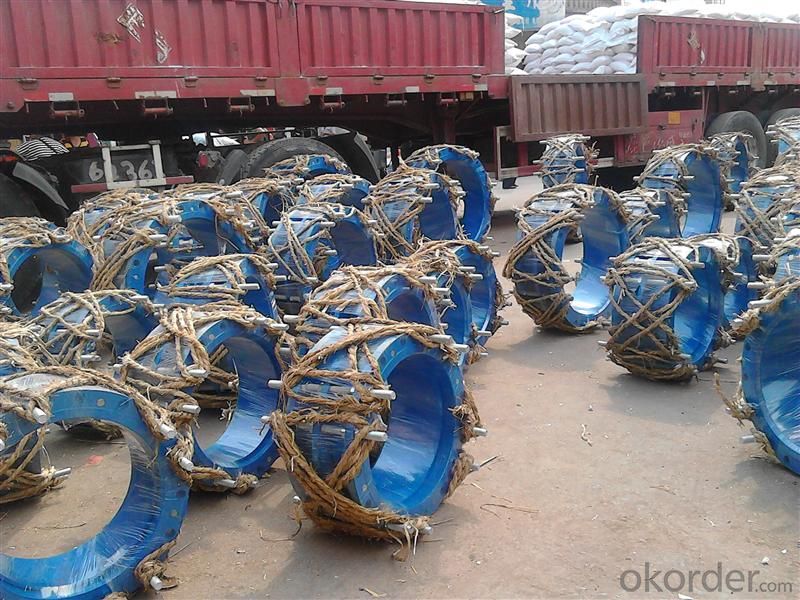
China National Building Materials Group Corporation (CNBM) was established in 1984 with approval from the State Council, and then became a Central Enterprise under direct supervision of State-owned Assets Supervision and Administration Commission of the State Council in 2003.
Upholding the philosophy of “Making Best Use of Resources to Serve Construction”, and vigorously carrying out such strategies as “technical innovation”, “internationalization of building materials”, and “building strength with talents”, CNBM is the largest comprehensive building materials industry group in China that integrates scientific research, manufacturing and logistics into one entity, and consists of four business platforms, i.e. industry, technology, complete set of equipment, and trading & logistics. As of the end of 2009, CNBM’s total assets exceeded RMB 110 billion, with 100,000 employees, and 20 companies under direct management with 100% share control or majority control, among which 6 were listed companies, including 2 overseas listed.
CNBM practices the parent-subsidiary management system, and is one of those wholly state-owned enterprises carrying out the pilot trial of Board of Directors system and innovation system. As the strategic center, decision center, resources center, and policy & culture center, our Group exercises its right as a contributor. Whereas, our sub-groups functioning as business platforms, are mandated to construct the profit center based on their core competences to enlarge brand awareness and increase market share.
- Q: How are steel products used in the construction of museums and cultural centers?
- Steel products are commonly used in the construction of museums and cultural centers for their strength and durability. They are used in various structural components such as beams, columns, and trusses, providing stability and support for the building. Steel is also used for roofing, cladding, and façade systems, offering both aesthetic appeal and weather protection. Additionally, steel is often used in the construction of exhibit displays and installations, providing a flexible and customizable solution. Overall, steel products play a crucial role in creating safe, long-lasting, and visually appealing spaces for preserving and showcasing cultural artifacts and experiences.
- Q: What are the different types of steel tanks and their applications in the pharmaceutical industry?
- There are several types of steel tanks used in the pharmaceutical industry. These include stainless steel tanks, carbon steel tanks, and alloy steel tanks. Stainless steel tanks are commonly used for storing and mixing pharmaceutical ingredients due to their corrosion resistance and ease of cleaning. Carbon steel tanks, on the other hand, are often used for bulk storage of pharmaceutical products. Alloy steel tanks are typically used for specialized applications that require high strength and resistance to extreme temperatures. Overall, steel tanks play a crucial role in maintaining the integrity and quality of pharmaceutical products throughout their production and storage processes.
- Q: How are steel products used in the construction of disaster management and emergency response centers?
- Steel products are extensively used in the construction of disaster management and emergency response centers due to their strength, durability, and versatility. Steel is commonly used for structural components, such as beams, columns, and trusses, ensuring the buildings can withstand the impact of natural disasters like earthquakes, hurricanes, and floods. Additionally, steel is employed for roofing, cladding, and fencing, providing resistance against fire, extreme weather conditions, and potential vandalism. Moreover, steel products can be easily prefabricated, allowing for efficient and quick construction of these critical facilities, which are essential for effective disaster management and emergency response efforts.
- Q: How is steel sheet metal formed?
- Steel sheet metal is formed through a process called cold rolling, where the steel is passed through a series of rollers to reduce its thickness and shape it into a flat sheet. This process involves applying pressure and tension to the steel, altering its structure and creating the desired shape.
- Q: How are steel products used in the construction of theme-based art and craft studios?
- Steel products are commonly used in the construction of theme-based art and craft studios for their durability, strength, and versatility. Steel beams and columns provide structural support, ensuring the stability and safety of the building. Steel panels or sheets are often used for walls, roofs, and flooring due to their resistance to fire, moisture, and pests. Additionally, steel can be easily molded and shaped, allowing for unique and artistic designs in the studio's architecture. Overall, steel products play a crucial role in creating functional and visually appealing spaces for art and craft activities.
- Q: How do steel products contribute to the oil and gas industry?
- Steel products play a crucial role in the oil and gas industry by being used in various applications such as pipelines, drilling equipment, storage tanks, and offshore platforms. The durability, strength, and corrosion resistance of steel make it ideal for these demanding environments, ensuring the safe and efficient extraction, transportation, and storage of oil and gas resources.
- Q: How is steel used in the manufacturing of machinery and equipment?
- Steel is commonly used in the manufacturing of machinery and equipment due to its strength, durability, and versatility. It is used to construct the structural framework of machines, as well as components such as gears, shafts, and bearings. Its ability to withstand high temperatures, corrosion, and heavy loads makes it ideal for manufacturing equipment that requires strength and reliability. Additionally, steel can be easily shaped, welded, and machined, allowing for the production of complex machinery and equipment.
- Q: What are the common uses of steel pipes and tubes?
- Steel pipes and tubes are commonly used in various industries and applications. They are extensively used for transporting fluids and gases, such as water, oil, and natural gas, in plumbing and gas distribution systems. Additionally, steel pipes and tubes are essential in construction projects for structural support, including building frames, bridges, and scaffolding. They are also used in the automotive industry for manufacturing exhaust systems and chassis components. Furthermore, steel pipes and tubes find applications in the manufacturing of furniture, appliances, and agricultural equipment. Overall, their durability, strength, and versatility make steel pipes and tubes indispensable in a wide range of sectors.
- Q: How are steel products used in the telecommunications industry?
- Steel products are used in the telecommunications industry for various purposes, including the construction of telecommunication towers, transmission lines, and underground cable systems. Steel provides the necessary strength and durability required to support the infrastructure and ensure reliable communication networks. Additionally, steel enclosures and cabinets are used to protect sensitive equipment and cables from environmental factors, ensuring their longevity and functionality.
- Q: What are the different types of steel roofing systems?
- There are several types of steel roofing systems, including corrugated steel, standing seam, and metal shingles. Corrugated steel roofing consists of long, wavy sheets that are durable and cost-effective. Standing seam roofs feature vertical metal panels with raised seams, providing a sleek and modern look. Metal shingles mimic the appearance of traditional roofing materials, such as wood or slate, while offering the durability and longevity of steel.
Send your message to us
ISO2531 DI flanged pipe fitting with high quality
- Loading Port:
- Tianjin
- Payment Terms:
- TT OR LC
- Min Order Qty:
- 100 kg
- Supply Capability:
- 10000 kg/month
OKorder Service Pledge
OKorder Financial Service
Similar products
Hot products
Hot Searches
Related keywords
